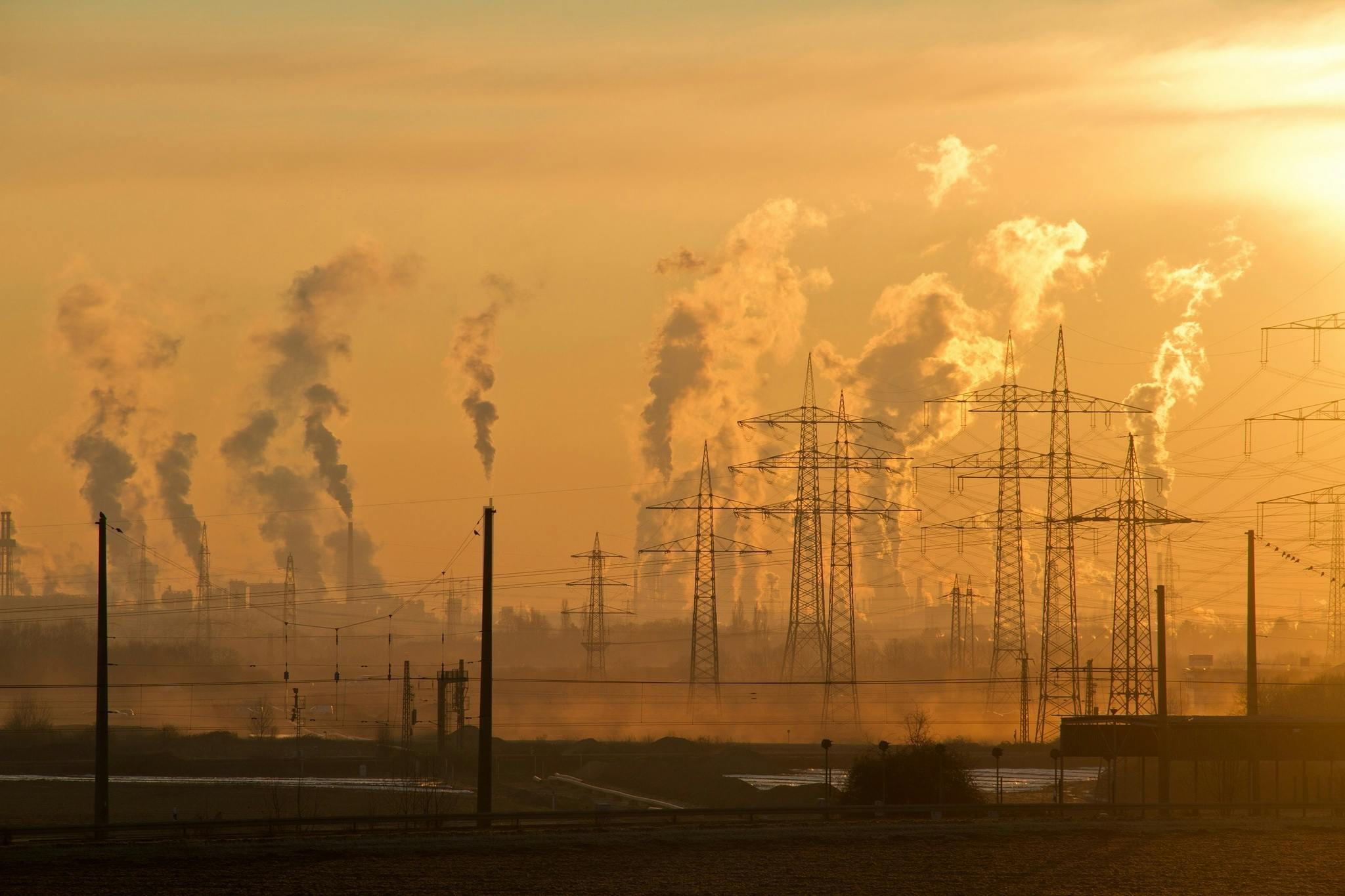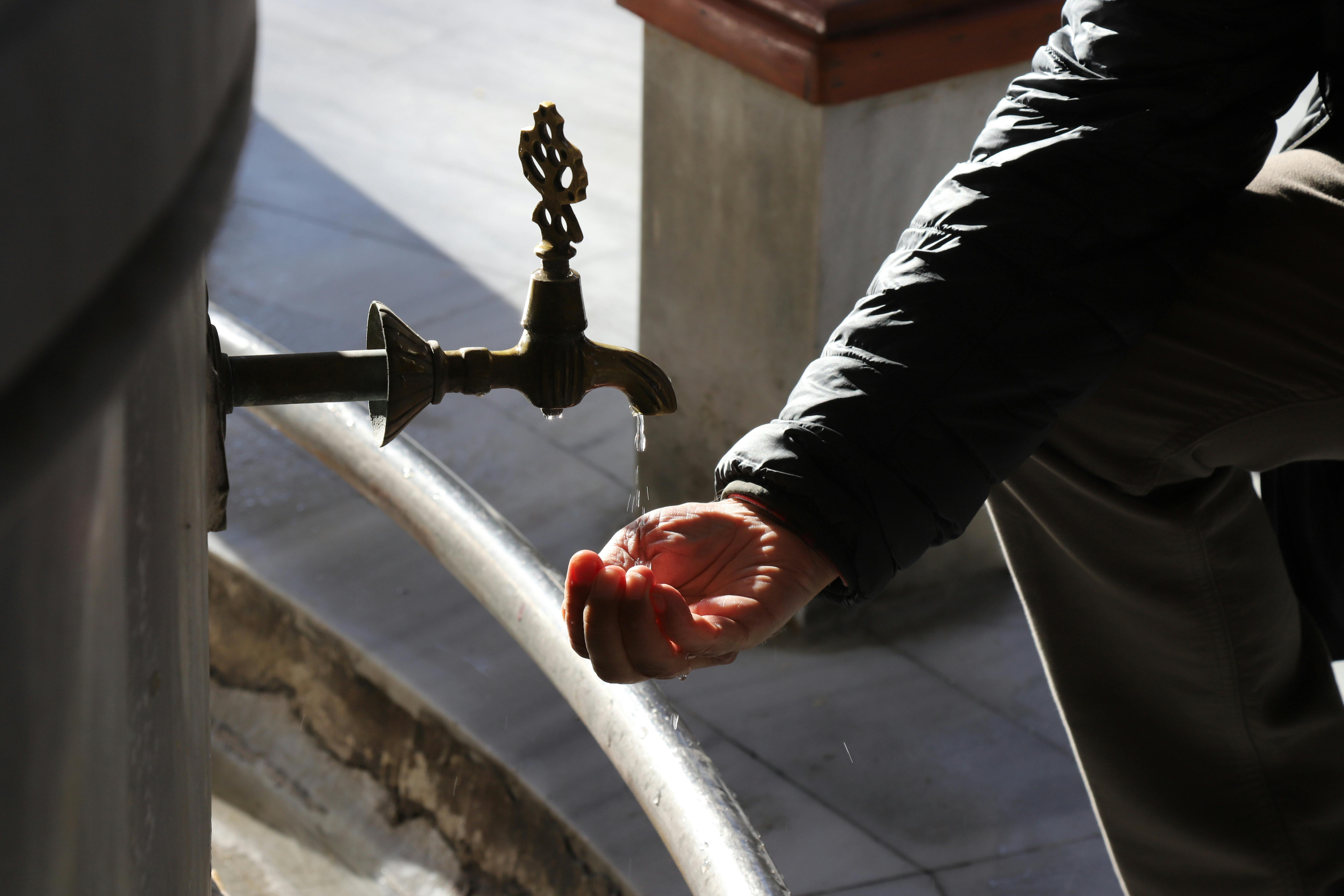Carbon footprint estimates the total emissions of greenhouse gases. An individual, an organization, or events such as deforestation or product usage can directly or indirectly cause these emissions. While emissions accounts for the release of different greenhouse gases (GHS) like methane, nitrous oxide, Sulphur dioxide or other fluorinated gases, results are typically expressed in terms of carbon dioxide equivalency (for example: 5 tons of CO2-equivalent). The CO2-equivalency measurement enables straightforward, apples-to-apples comparisons of activities, events or industries that might otherwise be difficult to compare directly.

Reducing our carbon footprint is important because the greenhouse gases we release into the atmosphere have caused serious harm to the environment. Issues like rising sea levels, intense wildfires, frequent floods, and long-lasting droughts are all made worse by climate change—and they directly impact both people and nature.
If you're wondering how to reduce your carbon footprint without making big lifestyle changes, here are five simple and effective ways. These actions are easy to adopt, especially for students, families, and individuals just starting to learn about sustainability.
Switch to Plant-Based Meals Occasionally

Livestock farming at large scale contributes to high methane emission, deforestation and water pollination. Switching diets to plant based products can help lower your personal emission while improving your health. Eating local and seasonal produce is also a great option to reduce carbon footprint.
Use Public Transport, Walk, or Cycle More

Transportation is one of the biggest sources of carbon emissions. By choosing buses, trains, or shared rides, you help reduce the number of vehicles on the road.
Save Energy at Home or School

Simple actions like turning off lights and fans when not in use can significantly reduce carbon emission over time. Easy way to save energy:
| Action | Estimated Impact |
|---|---|
| Switching to LED bulbs | 75% less energy |
| Unplugging unused electronics | Saves electricity silently |
| Using natural light during day | Reduces power demand |
Reduce, Reuse, Recycle Smartly

Waste that ends up in landfills emits methane, a powerful greenhouse gas that contributes to climate change. Practicing the 3Rs - Reduce, Reuse, and Recycle can help cut down on unnecessary emissions and save valuable natural resources. Examples of how you can apply the 3Rs:
- Reuse plastic bottles or cloth bags instead of buying new ones.
- Repurpose package boxes for storage or DIY use.
- Recycle paper, metals, and plastics properly.
- Convert kitchen waste into compost to reduce landfill load.
Conserve Water in Daily Habits

Saving water also saves the energy used to pump, heat, and treat it. Simple habits like turning off the tap while brushing or fixing leaking taps can make a big difference. Here are some quicks tips to conserve water in daily life :
- Take shorter showers.
- Use a mug instead of running water while shaving or brushing.
- Report leaks to building authorities or parents.
Taking action to reduce your carbon footprint doesn’t mean making big sacrifices, it means making smarter choices every day. Whether it's switching off a light or riding a bus, every small effort counts.
